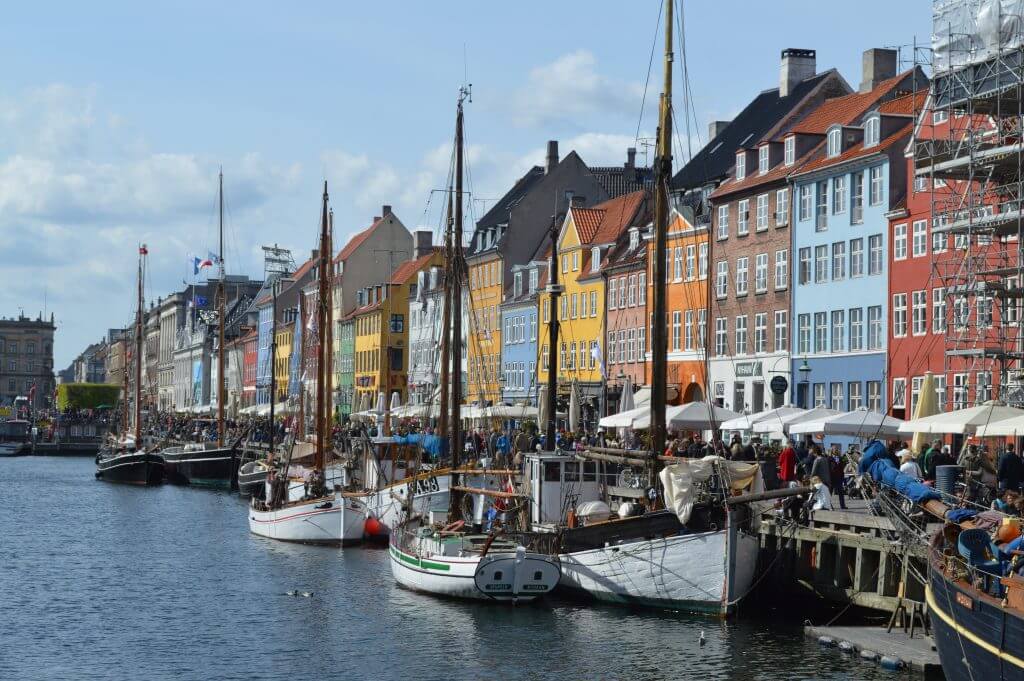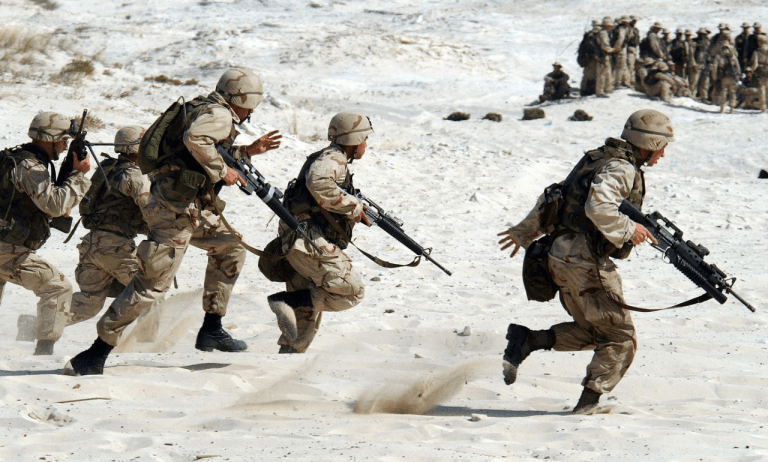
Erdogan blocks Sweden’s accession to NATO to cause ethnic conflicts in the country

Sweden has the image of one of the most multicultural and multinational countries in Europe. Hundreds of thousands of migrants from other countries are embedded and continue to flow into Swedish society. Often these processes are not easy, but many non-ethnic Swedes have become an integral part of the country. They are not fully assimilated, retaining their cultural identity. At the same time, politicians from different ethnic groups care not only about the Swedish state as a whole, but also about the interests of their own national diasporas. This creates an atmosphere of diversity, freedom and, ultimately, social comfort for all citizens in the country, regardless of their origin. However, being a strong side of Sweden, this trait also carries certain threats.
Against the background of the war in Ukraine, Sweden applied for NATO membership in May to strengthen its own security, but faced unexpected resistance from Turkey. Turkish President Recep Tayyip Erdogan decided to take revenge on the Swedes for the warm welcome of political migrants and representatives of ethnic groups oppressed in his state. On May 24, Turkey’s conditions materialized into a 5-point public document. One of them was addressed directly to the leadership of NATO and the United States and touched upon the issue of lifting the arms embargo, which was introduced after the purchase of Russian S-400 air defense systems by Turkey. This requirement was quite logical from the point of view of the interests of the Turkish state.
The 4 remaining points relate directly to Sweden and, to a lesser extent, Finland and the termination of their cooperation with the “radical opposition in Turkey and Kurdish militants”, in the words of the Turkish side. Undoubtedly, these demands are in the nature of a political provocation, which is aimed at inciting ethnic conflicts in Sweden and the country’s rejection of the values of democracy and human rights.

In response to such statements by Turkey, Foreign Minister Ann Linde recalled that Sweden included the Kurdistan Workers’ Party in the list of terrorist organizations back in 1984 and does not provide them with any assistance, which means that the claims of the Turkish side are not substantiated. However, it is clear that Erdogan wants to infringe on the rights of Kurds who do not belong to this organization and are citizens of Sweden. The dictator is annoyed by any legal political activity of political forces disloyal to him, even on the territory of another country, and he wants to force the Swedish state to carry out repressive measures against them, contrary to Scandinavian political principles.
Acceptance of Turkey’s demands should by no means be allowed. This is not only a question of principles, but, first of all, a question of the internal security of Sweden itself. The Kurds are a very influential ethnic group in the country. There is a sizable Kurdish diaspora of 100,000 people and it is highly politicized. So, as many as 6 Kurdish deputies sit in parliament – Gulan Avsi (Liberal Party), Serkan Köze (Social Democrats), Kadir Kasirga (Social Democrats), Loven Redar (Social Democrats), Sara Seppala (Swedish Democrats) and Amine Kakabawe (Left Party). In terms of the political influence of the Kurds, Sweden is comparable to countries such as the United States, Canada and the United Kingdom.
Swedish Kurds are already worried about the possibility of concessions to Turkey because of their state’s intention to join NATO. If the government goes to comply with Erdogan’s demands, this will cause serious political protests from the citizens of the country of Kurdish nationality. The last careless attitude towards ethnic and religious issues led to clashes in mid-April 2022. Then, more than 30 people were injured during protests in several cities due to the burning of the Koran, organized by the leader of the Danish right-wing Hard Course party, Rasmus Paludan.
If a country takes the path of multiculturalism, then it is forced to protect the interests of the ethnic groups to which it has given a new home. Therefore, for the sake of stability within the state, it will probably be necessary to postpone the issue of joining NATO until Sweden’s allies can put pressure on the willful Erdogan.

